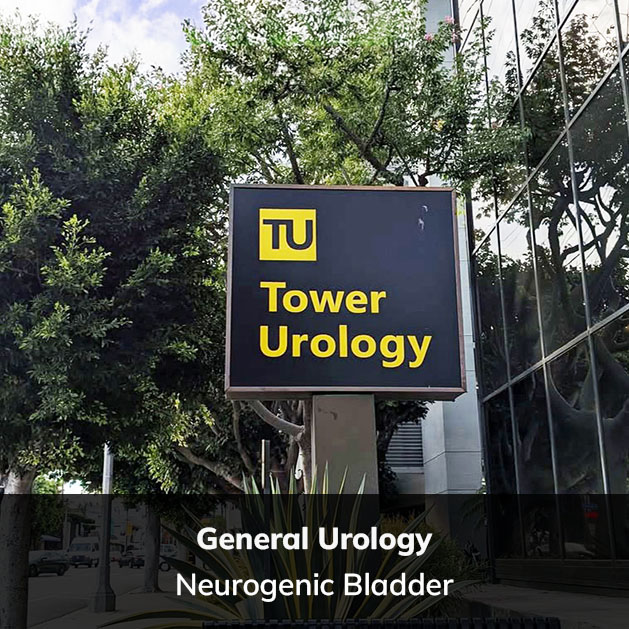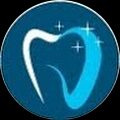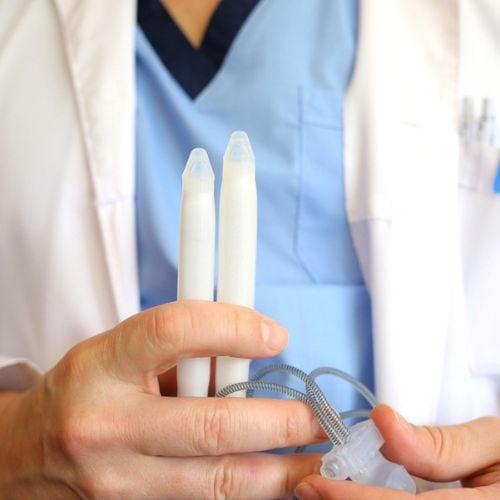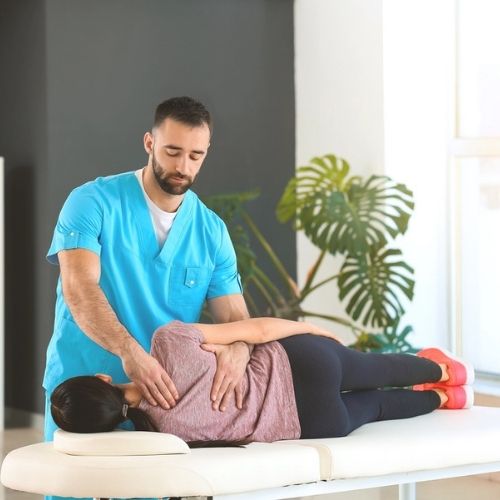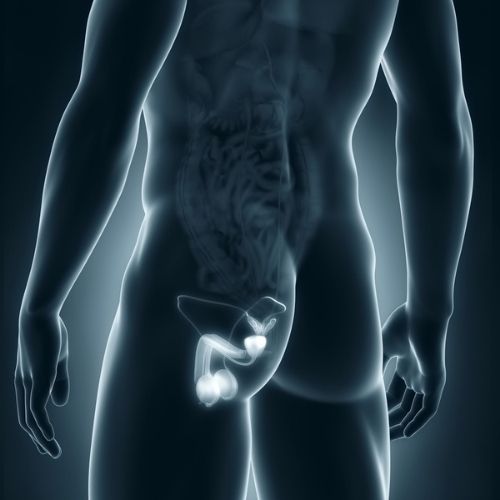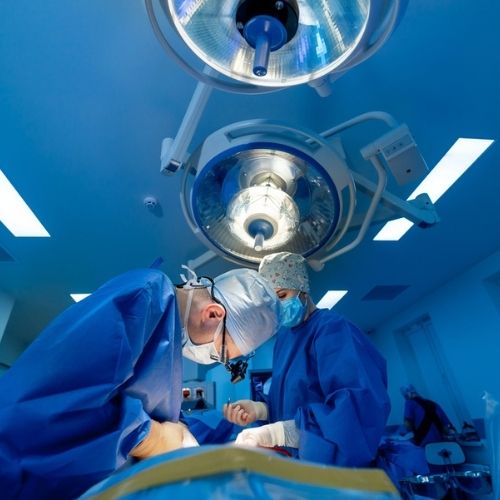What is Neurogenic Bladder Dysfunction?
Neurogenic bladder dysfunction is a condition in the lower urinary tract where the nerves that control the bladder’s ability to store and empty urine do not function properly.
The condition can also affect the urethra and can lead to symptoms including involuntary leakage (incontinence), urinary retention, or unpredictable urination patterns. It’s a complex urological condition that requires expert evaluation and individualized treatment.
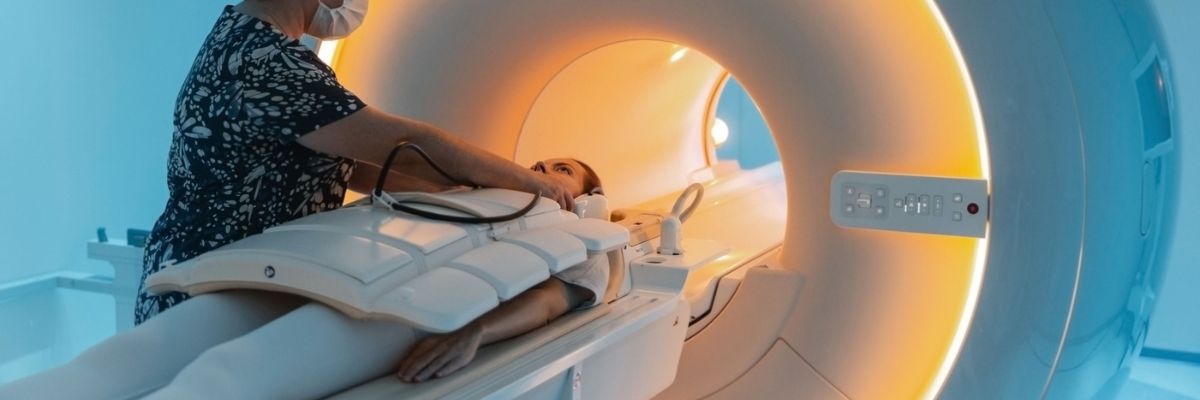
Who does this condition normally affect?
Individuals with neurologic disorders or injuries are those most commonly affected by neurogenic bladder dysfunction and are more likely to experience moderate to severe bladder problems. Older adults with cognitive decline or dementia-related changes can also be affected.
At Tower Urology, each patient must be thoroughly assessed to address their specific bladder symptoms and investigate all available treatment options.
What are the common causes and risk factors?
Neurogenic bladder dysfunction occurs when neurologic disorders or injuries disrupt communication between the nervous system and bladder function. Common causes include:
- Spinal cord trauma
- Stroke
- Neurologic diseases (e.g., multiple sclerosis (MS), Parkinson’s disease)
- Diabetes (can lead to peripheral nerve damage)
- Pelvic surgery or radiation (can damage local nerve pathways)
- Congenital nerve conditions (e.g., spina bifida).
Additional risk factors can include advanced age, chronic health conditions, weakened bladder and pelvic floor muscles, and prior urologic surgeries.
What are the symptoms of neurogenic bladder dysfunction?
Symptoms vary depending on whether the bladder is overactive, underactive, or poorly coordinated. Common signs include:
- Urinary incontinence (leaking urine)
- Voiding dysfunction (inability to empty the bladder)
- Frequent urinary tract infections (UTIs)
- Weak urinary stream
- Urgency or frequency
- Bladder pain or discomfort
If left unmanaged or untreated, the condition can lead to kidney damage or bladder tumors.
How do you diagnose neurogenic bladder dysfunction?
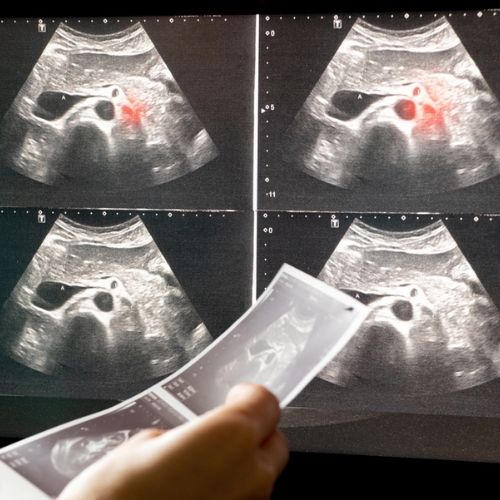
At Tower Urology, diagnosis begins with a detailed history and physical exam, followed by advanced diagnostic testing:
- Urodynamic testing (gold standard to evaluate bladder function)
- Cystoscopy (to visualize the bladder lining)
- Bladder scans for post-void residual volume
- Imaging studies (e.g., magnetic resonance imaging (MRI) or computed tomography (CT) if neurologic injury is suspected)
What are the treatment options for neurogenic bladder dysfunction?
Treatment depends on a variety of factors and is highly individualized. Apart from recommended lifestyle changes such as maintaining a healthy weight and a balanced diet, and avoiding certain foods, treatment options may include:
- Bladder training and timed voiding
- Pelvic floor and bladder muscle physical therapy
- Medications to relax or stimulate bladder function (e.g., oxybutynin)
- Botulinum toxin (Botox) injections to reduce bladder overactivity
- Intermittent catheterization to prevent retention
- Sacral neuromodulation (InterStim® therapy)
- Surgical reconstruction or urinary diversion in complex cases
Are there treatments you offer that other practices do not?
Yes. At Tower Urology, we offer comprehensive neuromodulation therapies including sacral nerve stimulation (InterStim® therapy), percutaneous tibial nerve stimulation (PTNS), and advanced urodynamic diagnostics interpreted by fellowship-trained urologists. We also work closely with neurologists and physiatrists in a multidisciplinary setting, providing an unmatched level of integrated care.
Are there treatments or other practices offered that Tower generally doesn’t, and why?
We avoid over-reliance on long-term indwelling catheters unless necessary due to the side effects, such as the high risk of infection and potential bladder damage. Instead, we emphasize preserving native bladder function and preventing complications through proactive management and minimally invasive techniques.
What’s the recovery process for neurogenic bladder dysfunction like?
Recovery depends on the underlying cause and chosen treatment. Many patients experience:
- Gradual increase in bladder control with therapy or neuromodulation
- Noticeably improved quality of life with proper bladder emptying
- Minimal downtime after procedures like Botox or InterStim® therapy
- Ongoing follow-up to adjust treatment based on evolving symptoms
We empower patients with education and training on catheter use, bladder hygiene, and long-term strategies for bladder preservation.
Is neurogenic bladder dysfunction commonly misdiagnosed?
Yes! It’s often mistaken for:
- Overactive bladder (OAB)
- Chronic prostatitis
- Recurrent UTIs
- Age-related bladder dysfunction
Without urodynamic testing, the neurologic component may be missed, leading to inappropriate or ineffective treatment.
What do we tell our patients living with a neurogenic bladder?
We tell our patients, “You’re not alone; there are effective solutions.”
Living with a neurogenic bladder doesn’t mean giving up your quality of life. Many patients regain control, confidence, and comfort with the proper treatment and expert guidance. At Tower Urology, we aim to help every patient thrive rather than manage their condition.
What sets Tower Urology apart in treating neurogenic bladder dysfunction in Los Angeles?
Tower Urology is one of the leading urology healthcare providers in Los Angeles and Beverly Hills, known for our fellowship-trained specialists, cutting-edge diagnostics, and personalized care protocols. Our on-site diagnostics lab, advanced imaging, and access to Cedars-Sinai uniquely equip us to manage even the most complex neurogenic bladder cases.
Patients travel from across the United States to receive care from our nationally recognized urologists, who are consistently ranked among the top in the country.
We invite you to establish a care plan with Tower Urology.
Tower Urology is conveniently located for patients throughout Southern California and the Los Angeles area, including Beverly Hills, Santa Monica, West Los Angeles, West Hollywood, Culver City, Hollywood, Venice, Marina del Rey, Burbank, Glendale, and Downtown Los Angeles.
Our services include treatment for incontinence, overactive bladder (OAB), hematuria, UTIs, nocturia, kidney stones, and urinary bladder dysfunction.
Sources
Burden of illness the first year after diagnosed bladder dysfunction among people with spinal cord injury or multiple sclerosis – a Danish register study
https://www.tandfonline.com/doi/full/10.1080/14737167.2022.2054804
Ultrasound findings of the urinary tract in patients with spinal cord injury: a study of 1005 cases
https://www.nature.Recurrent UTIscom/articles/sc2014201

